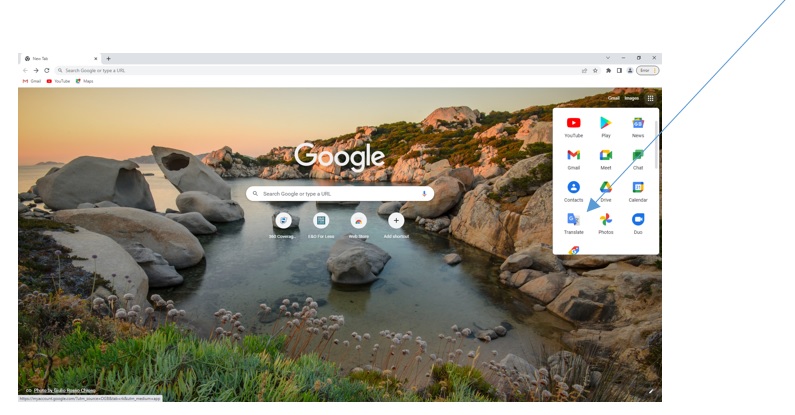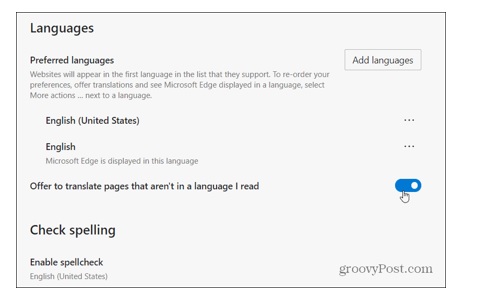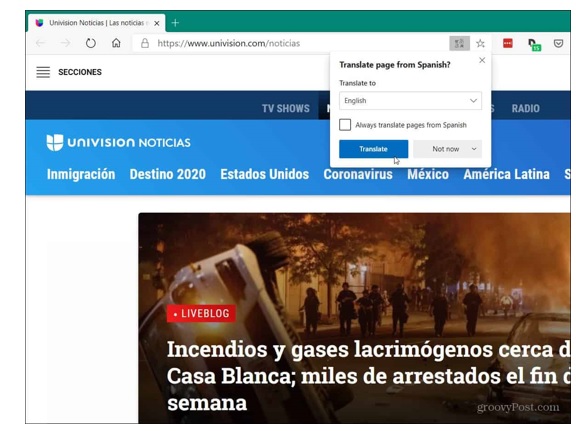
As a travel agent, have you ever felt stressed out at work? Don’t worry. You can avoid this problem by maintaining an adequate work/life balance. This article shows you how.
Is working as a travel agent your passion project? If so, it’s not hard to see why. Agents get to take free familiarization (fam) tours and talk to people all day about traveling. You research exotic destinations and send clients on bucket list trips. You’re constantly learning about the world through your research and the experiences of your clients. In this job, the world is your sandbox and highs are much more common than lows. So what’s not to love about being a travel agent? Stress-related burnout.
Why do agents get burned out? Because some of you may fail to establish proper boundaries with your clients. In turn, weak boundaries lead to work taking precedence over life. If this condition lasts too long, it can lead travel advisors to crash and burn out of the industry, even though you still love your job.
Burnout Risk
Burnout is common because, in the hard light of reality, the travel industry is a business. It’s subject to the same challenges all industries face:
- The need to generate revenue and earnings.
- The pressure to find more clients and to close more sales.
- The headaches of dealing with suppliers who fail to uphold their promises.
- The pressure of satisfying hard-to-please clients.
- The need to overcome external forces outside the industry’s control.
Beyond these macro challenges, travel agents face a host of other issues daily. For example:
- Everything you do has a hard deadline. Clients know when they want to travel. So agents must work within inflexible time requirements. Meeting deadlines isn’t a problem until you have multiple ones fighting for your time and attention.
- Contemporary travel has a lot of moving parts. The more intricate a trip is, especially those to foreign locations, the more likely a detail will fall through the cracks. When this happens, travel plans can go off the rails, leading to upset clients and agent stress.
- Client budget requirements can create obstacles. The tension between wanting to travel somewhere special, and not having the budget for it, can generate disappointment for travelers. Agents respond by trying to “sell the dream,” but may run up against hard budget realities, which can be stressful.
- Travel agents often impose self-pressure to plan and deliver superb vacations. When your aspirations conflict with supplier non-performance or external factors such as natural disasters, global politics, or a once-in-a-hundred-year pandemic, you can experience a lot of frustration and stress.
- Difficult clients, either because of unrealistic expectations or troublesome personalities, can take a toll on travel advisors. Being unable to satisfy someone, despite trying hard to do so, can be a huge stressor.
- Travel professionals never have the luxury of doing one thing at a time. The nature of the job demands multi-tasking. Yet, when forced to handle too many tasks, you may start to drop the balls you’re juggling. This upsets clients, unleashing yet more stress.
The final stress factor may be the worst of all: not being able to establish client boundaries. When this happens, you may find yourself working more hours than is humanly possible. If this continues for a long, your personal life will suffer. At some point, the lack of boundaries may become a terminal condition for which quitting is the only solution.
The Challenge of Finding Work/Life Balance
The search for work/life balance is hardly a new phenomenon. Travel agents have struggled for years with finding and serving clients, while still preserving sufficient time to have a rejuvenating personal life. As the business has evolved over the last decade, the people and things demanding your attention have greatly increased, while the challenges of managing your personal life have soared, as well. Trying to manage both can be fraught with stress.
Another factor is the disappearance of the brick-and-mortar neighborhood travel agency. As traditional stores dissolved, a new business model emerged: the freelance home-based travel advisor, served by a host agency. On the surface, you would think you would be better able to manage your work/life conflicts. You own your business, after all, so you should be able to decide for yourself how to structure your work.
That’s true to a point. But doing business at home highlights other issues. Not only do home-based travel agents have the same problems setting client boundaries that office-based agents do, but now you must establish boundaries within your own home—for you and your family.
For example, agents who work at home may find it difficult to stop working because your office is located right down the hall. When you don’t have to commute to work, there’s no reason not to work. When you fail to set up a dedicated workspace at home, keeping your work and personal life separate becomes almost impossible to achieve.
A related phenomenon is when you let personal tasks infiltrate your workday. For example, you might check your Facebook or Twitter feeds multiple times daily even though you’re supposed to be working. Letting your work/life boundary dissolve means you’ll accomplish less, creating the need to catch up later. This leads to working longer hours and yet more stress.
Finally, when clients learn you work at home, they may feel entitled to call you early in the morning, late at night, or over the weekend, simply because they can. Clients who want you 24/7 can be extremely draining because the minute you turn off your computer to make dinner and relax in front of the TV set with an adult beverage will be the minute they call to discuss their approaching vacation. Always being available to clients often leads to a stress-induced flame-out, especially if you’re also juggling work with parenting.
What Can You Do to Restore Balance?
The best thing you can do to preserve work/life balance—and reduce stress—is to establish office hours. Determine the work schedule that works best for you and then tell new and existing clients that you are only available between these hours. Be sure to include this information on your business card and letterhead, as well as on your website.
Now, there’s nothing to stop clients from leaving you after-hours voice mails. Just make sure they understand you won’t respond to their messages until you return to the office.
Maintaining fixed office hours doesn’t mean you’ll ignore clients with emergencies. Here, too, you should establish boundaries. Start by defining what you mean by “emergency.” Being unhappy about the quality of the appetizers in a Roman restaurant does not qualify as an emergency. Experiencing a logistical glitch that threatens the integrity of a traveler’s itinerary or having a safety or health crisis while traveling is a true emergency. Clients should communicate these events to you on a mutually agreed-upon channel. You should have the means to receive these messages and respond ASAP.
What are some other steps for preserving work/life boundaries to minimize stress? Here are some useful techniques you may wish to adopt:
- Use classic planning/productivity strategies to minimize time-wasting and maximize productivity. For example, create a daily checklist the night before to keep you on track during the day. Encourage clients to make appointments with you to review trip plans. Use an electronic calendar/planner to remind you of upcoming meetings. Break projects down into manageable bits, which you can then schedule at convenient times.
- Whenever possible, pitch travel packages that bundle air, hotel, and car together. This will minimize the time needed to solve each piece of the puzzle.
- If you’re a home-based agent, establish a dedicated workspace. Purchase a professional-grade table, desk, chair, and computer so you can do the level of work clients expect from a true journey professional. Having these tools available only in your office means you’ll be less tempted to work in the kitchen, dining room or living room, where you’ll be more likely to get distracted.
- Reducing distractions is key. Ask the people with whom you live to respect your work hours. Keep your office door closed and post a sign reiterating those hours. This will help your family, especially children, to accept the fact that you’re working, even though you’re home.
- Be 100% engaged with your personal life. When you leave the office at the end of the day, train yourself to leave your work “at the office.” Realize that tomorrow is another day and that now is the time to live your best personal life.
- Don’t forget to rest and play. A travel agent who does nothing but work will become stale before long. To retain your passion for travel, unplug from work once in a while. Loaf, take vacations, read, play sports, pursue a hobby, watch travel documentaries—whatever you find fun and enjoyable and that relaxes you should become a regular part of your personal time.
Remember to Mitigate Your Business Risks
If you work full tilt without relief, you will be more prone to make mistakes. As you know, even the simplest mistake can lead to logistical glitches, poor customer experience while traveling, injuries, or worse. Any of these incidents can produce financial losses that spark customer lawsuits against you. To protect yourself against such risks, buy and maintain sufficient E&O insurance coverage.
Get and Stay Insured
Just as you encourage your customers to sign up for travel insurance, protect your business by updating your current E&O insurance or securing coverage if you’re currently uninsured.
E&O insurance covers you when you make a mistake or forget to do something important, which financially injures a client. When this happens, your insurer will:
- Supply you with an approved defense attorney at no extra expense to you.
- Assign a claims adjuster to handle your case.
- Hire expert witnesses to buttress your defense.
- Pay for arbitration, mediation, or other forms of alternative dispute resolution.
- Pay for court administrative expenses.
The total cost to resolve a customer dispute can easily reach five or six figures or more. As long as you keep your E&O policy in force, your insurer will cover these expenses for you. Without insurance, you will be personally responsible for them, leaving your business and personal assets vulnerable to attack. With it, you’ll be able to focus your time, energy, and resources on running a relatively risk-free travel business . . . the type of business you’ve loved running for years and would love to continue running for many years to come.
360 Coverage Pros offers Errors and Omissions (E&O) insurance programs for travel agents, travel agencies, and tour operators. Coverage is available for as low as $25.67 per month. To learn more, visit our website.







Share this page.